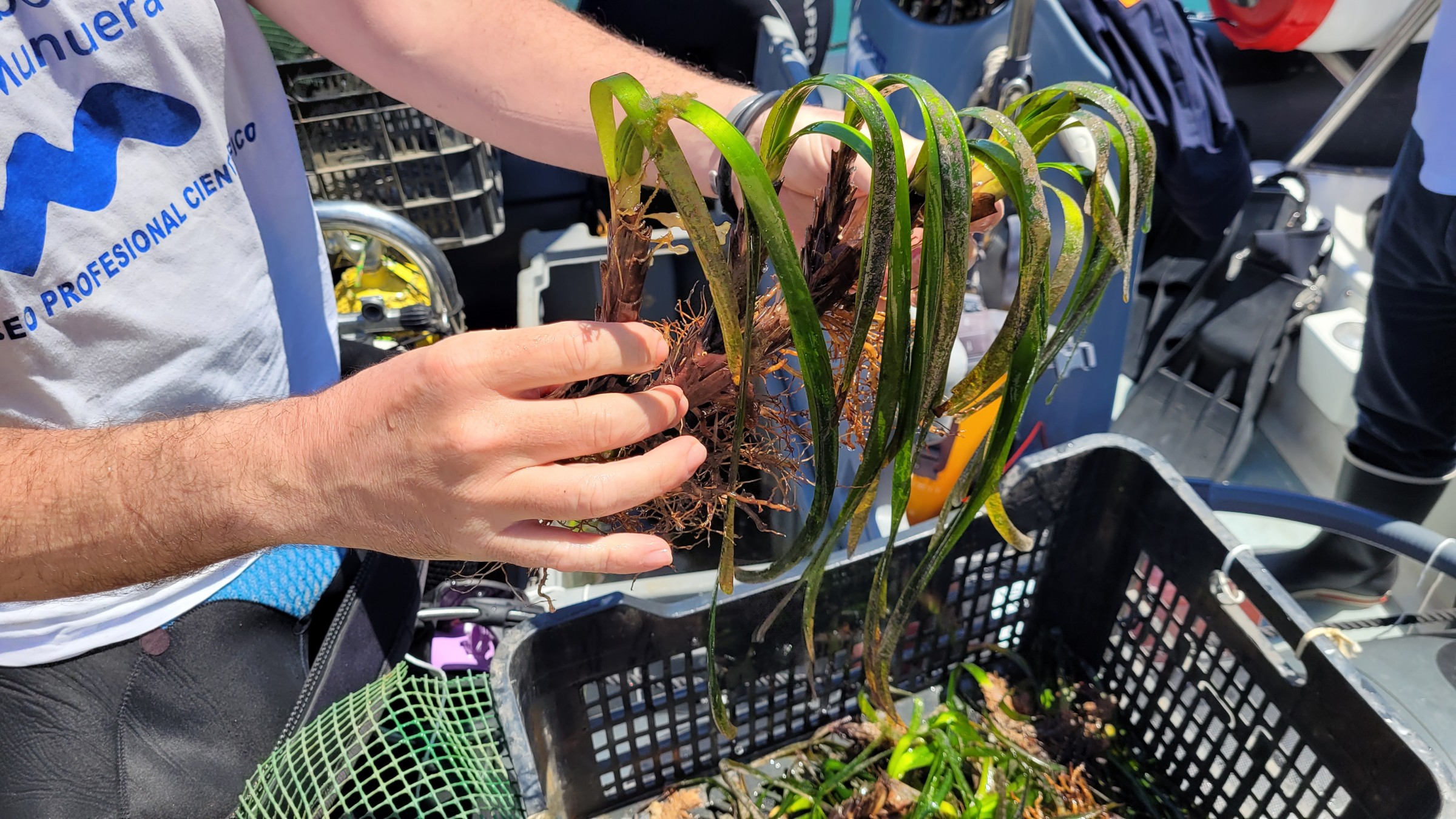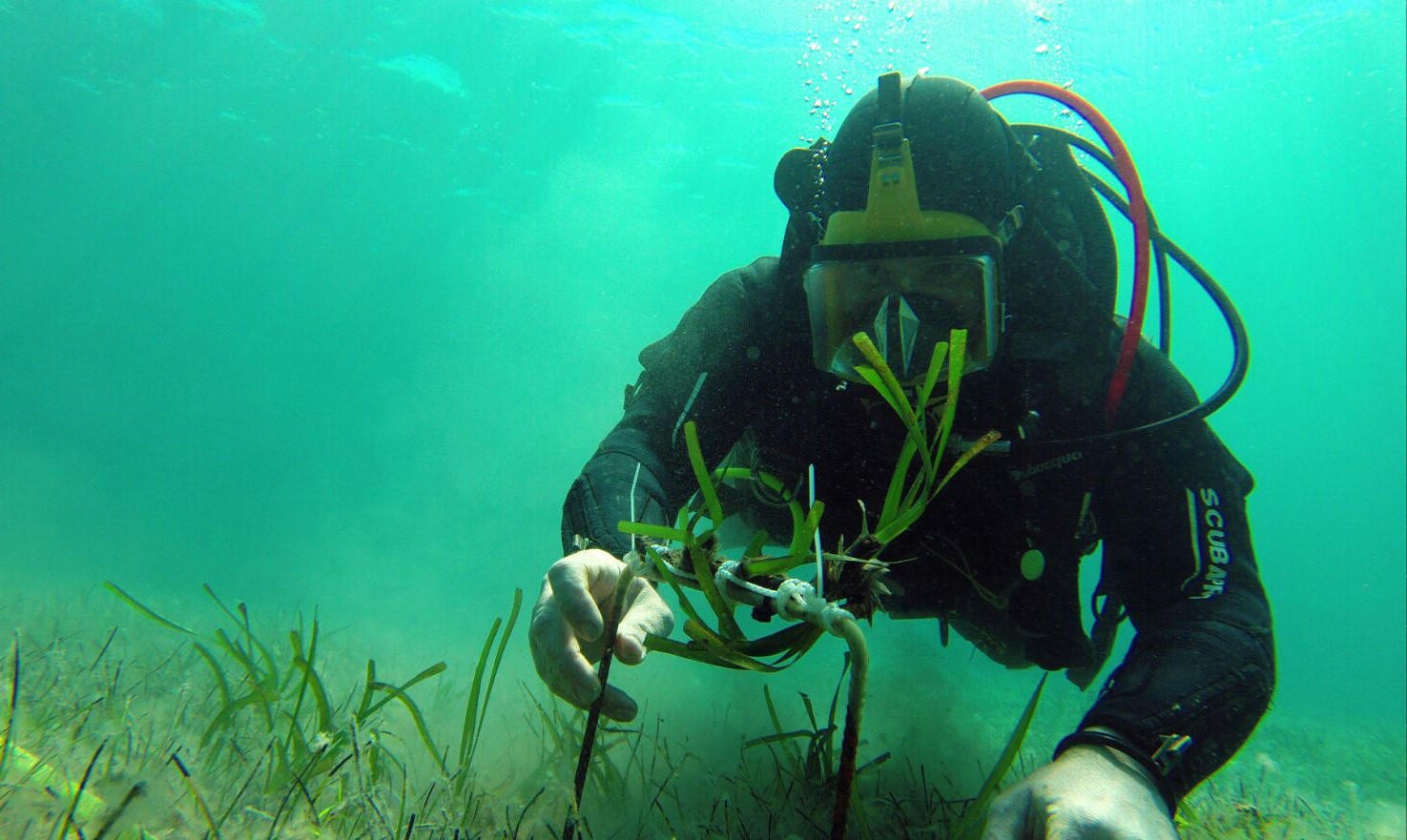ESPO Award 2023: let us present the shortlisted projects: Port Authority of Cartagena
11 October 2023
Under the theme “Nature restoration projects in ports benefitting the local community”, the ESPO Award 2023 will go to the port managing body which has developed innovative ways to develop these new roles and combine port development with successfully protecting and restoring nature in and around the port area to the benefit of the citizens and local community. The winning project will be a project which can clearly demonstrate how nature protection and restoration efforts can be successfully combined with port development projects.
The four projects that are shortlisted for this year’s Award are the projects of Port of Cartagena (Spain), Guadeloupe Port Caraïbes (France), North Sea Port (Belgium- Netherlands) and Port of Vigo (Spain).
ESPO is proud to present the shortlisted projects before the winner is announced during the traditional ESPO Award Ceremony and Dinner taking place on 7 November at the Art and History Museum in the Cinquantenaire in Brussels. The ESPO award ceremony will be celebrated together with the 30th anniversary of ESPO. We start with the project of the Port of Cartagena.
Port Authority of Cartagena, Spain
Underwater forest of the port of Cartagena: the blue lung of the Mediterranean
Congratulations! You have been shortlisted for the ESPO Award 2023! Could you briefly describe your project?
With the project "Underwater forest of the port of Cartagena", we aim to restore the true blue lung of the Mediterranean: the Posidonia oceanica meadows. It is a plant of great environmental and social value, and its recovery would bring significant benefits to both the ecosystems and the society that lives in coastal areas.
With the implementation of this project, we have successfully tested and proved a method to ensure that Posidonia grows, recovers, and creates a stable population in the marine port space. It is a pioneering milestone in Spanish ports to have been able to successfully reintroduce new specimens in the southeast of the Iberian Peninsula.
The novelty of our project is that it is the first time that such a high success rate (77%) has been achieved in recovering the Posidonia meadows within the port boundaries while maintaining the commercial activity of the port. A hopeful result that has encouraged us to continue with more stages and replanting.
 © Port Authority of Cartagena
© Port Authority of Cartagena
How has your project contributed to the successful protection and restoration of nature in and around the port area to the benefit of the citizens and local community? Could you tell us more? How does your project contribute to the societal integration of the port?
We believe that our project contributes in several different ways:
First, because we are helping to create a real new carbon sink, in a place where it does not currently exist. Across the Mediterranean, mature Posidonia meadows are estimated to capture up to 8 million tonnes of CO2. That is why we believe that, in the current scenario of the fight against climate change, favouring the growth and protection of Posidonia meadows is a common benefit.
In addition to this benefit, planting new Posidonia meadows favours the clarity and transparency of the waters, protecting the coastline. In a port like Cartagena, where the city lives directly next to the Port, achieving the highest quality of port water is a challenge that we are meeting and will continue to do so, to the benefit of both residents and visitors.
Last but not least, this project favours a key element of the Mediterranean marine ecosystem. The Posidonia meadows structure the seabed and are the home to more than 400 plant and 1000 animal species. This has a positive impact both for artisanal fishing in the area and for recreational activities that can enjoy a richer and more diverse ecosystem.
The Port of Cartagena shares space with up to seven protected areas that are part of the Natura 2000 Network and two spaces declared Special Protection Areas for Birds (ZEPA). This is not a coincidence, but the result of a commitment that for decades has been reflected in the ability to develop a port and industrial activity that is in line with the protection of the environment.
Could you describe the original and innovative character of your project?
The Cartagena underwater forest project has managed to demonstrate for the first time, that it is possible to repopulate the seabed of commercial ports in full operation with a survival rate of more than 75%. It is a pioneering result as until now, Posidonia meadows recovered only in areas far from commercial activity. This demonstrates the high-quality Cartagena’s port waters.
Innovation has also made it possible to achieve a method of recovering Posidonia meadows that has proven successful, which is especially important given the relevance of this species in the absorption and fixation of carbon.
 © Port Authority of Cartagena
© Port Authority of Cartagena
Why do you think your project deserves to win the ESPO Award 2023?
We believe that this project is an example of successful public collaboration with private entities specialized in the conservation of Posidonia and the marine environment, as well as with the University, to achieve the objectives of a natural regeneration project that will benefit both the society of Cartagena and its visitors, and the companies that operate in the Port. We believe that this is an important milestone in the successful recovery of a species of such interest, in a natural area of intense commercial activity, without limiting the development of activities and, at the same time, promoting the recovery of the natural values of the Port of Cartagena.
With this project, we at APC believe that this is the best social legacy that can be delivered to our city: a green Port, that generates economic wealth for citizens and the region and in turn, protects and restores terrestrial and marine ecosystems; beyond regulatory requirements.
“For the Port of Cartagena, it’s satisfactory to have recuperated the Posidonia meadows. We are working to achieve a regenerative and carbon neutral Port and we will continue to protect Posidonia oceanica”.
José María Gómez Fuster, CEO, Port Authority of Cartagena, Spain
With the support of:

.png)
Related documents
No attachments.
